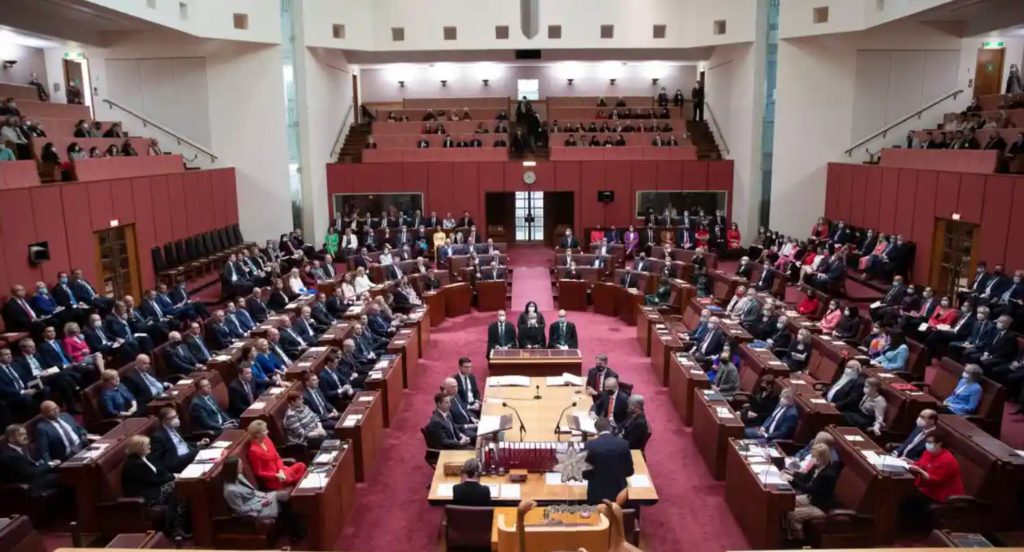|
Getting your Trinity Audio player ready...
|
Australia Plans to Ban Tiktok – Australia has recently announced plans to ban the popular social media platform TikTok, citing national security concerns as the main rationale behind the decision. The move has sparked a heated debate among Australian lawmakers, with some arguing that the ban is necessary to protect sensitive data and others arguing that it is an overreach of government power.
TikTok, a social media platform that allows users to create and share short videos, has gained a massive following in recent years, particularly among younger audiences. The platform has been praised for its creative and entertaining content, but it has also faced criticism over its handling of user data and alleged ties to the Chinese government.
In recent months, the Australian government has expressed increasing concerns over the potential risks posed by TikTok and other Chinese-owned apps. These concerns stem from the fact that TikTok is owned by the Chinese company Bytedance, which has been accused of sharing user data with the Chinese government.
Australian officials have also raised concerns about the potential for TikTok to be used as a tool for Chinese propaganda and influence, particularly given the platform’s popularity among younger users. In response to these concerns, the Australian government has announced plans to ban TikTok and other Chinese-owned apps, citing national security as the primary rationale for the decision.
The decision to ban TikTok has sparked a heated debate among Australian lawmakers, with some arguing that the move is necessary to protect national security and sensitive data, while others argue that it is an overreach of government power.
Those in favor of the ban argue that TikTok poses a significant risk to national security, given its potential to share user data with the Chinese government and be used as a tool for propaganda and influence. They point to the fact that TikTok has been banned in other countries, including India and the United States, as evidence of the potential risks posed by the platform.
On the other hand, those opposed to the ban argue that it is an overreach of government power and could have negative impacts on freedom of expression and innovation. They argue that TikTok has provided a valuable platform for users to share their ideas and creativity and that a ban could stifle this creativity and limit the ability of Australians to share their thoughts and opinions.
In addition, some critics have argued that the Australian government’s decision to ban TikTok is motivated by political considerations, rather than genuine concerns about national security. They point to the fact that the United States has also expressed concerns about TikTok, and that the Australian government’s decision to ban the platform may be influenced by its close relationship with the US.
Regardless of the motivations behind the ban, it is clear that TikTok’s future in Australia is uncertain. The platform has already faced significant backlash in other countries, and it remains to be seen whether it will be able to overcome the challenges it faces in Australia.
Overall, the decision to ban TikTok in Australia has sparked a heated debate among lawmakers and the general public, with some arguing that it is necessary to protect national security, while others argue that it is an overreach of government power. Ultimately, the outcome of this debate will have significant implications for the future of TikTok and other Chinese-owned apps in Australia, as well as the ability of Australians to share their ideas and creativity on social media platforms.



